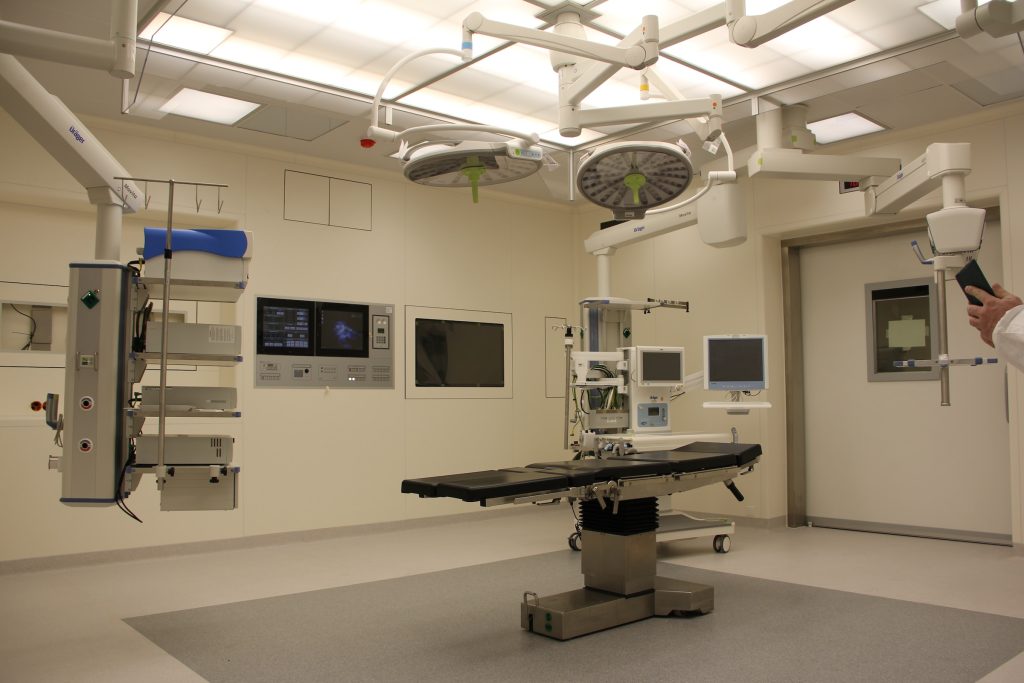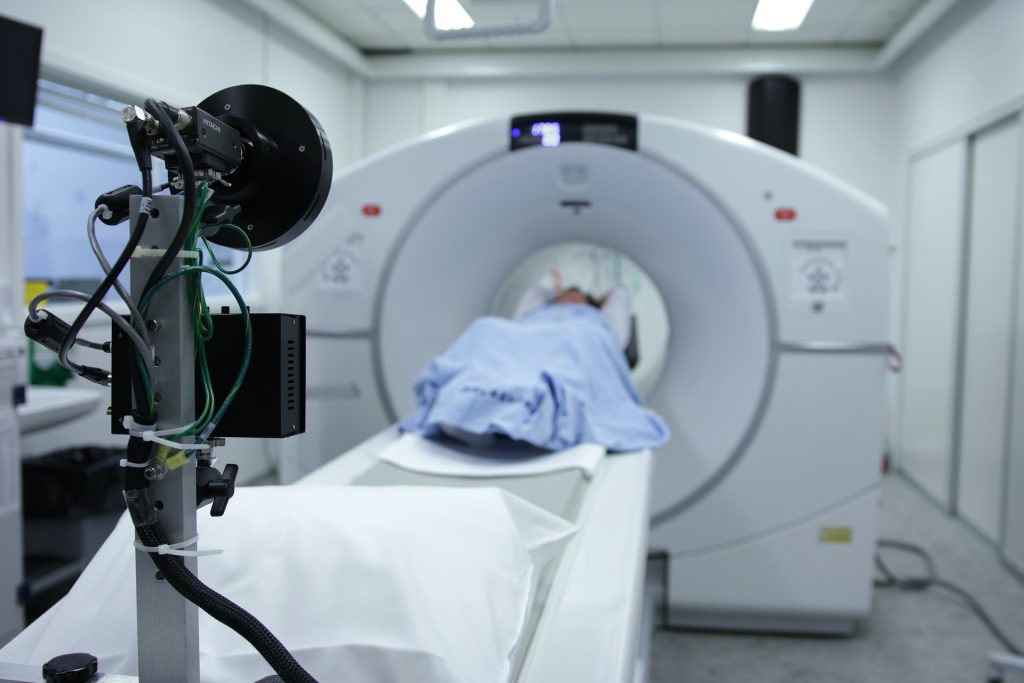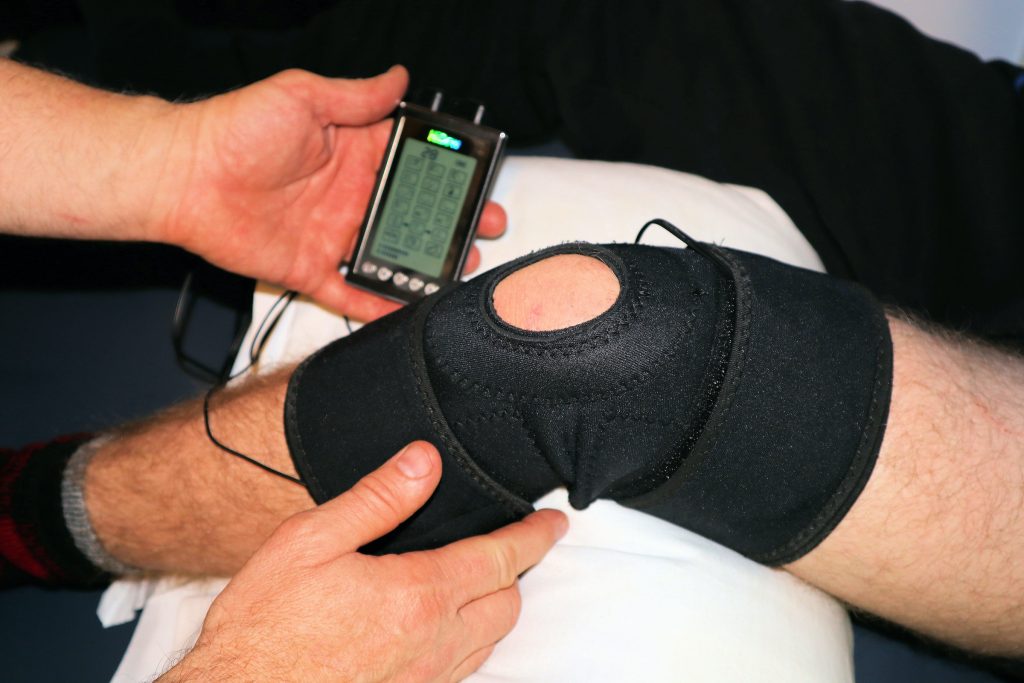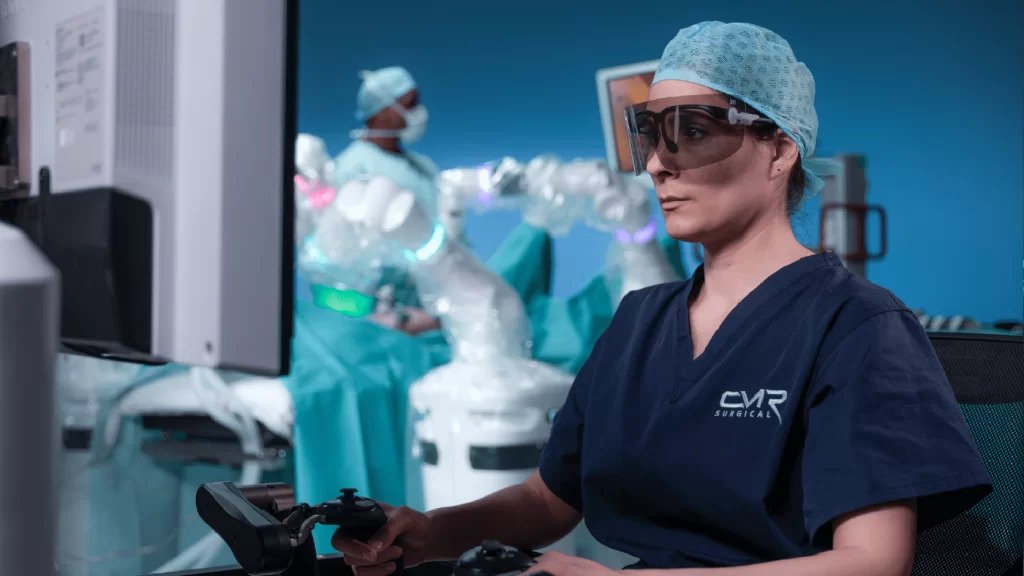Imagine a future where robotic technology is not only utilized in manufacturing or explorative space missions but also in enhancing human healthcare. Welcome to that future, where robotic knee replacement surgeries are the new norm. This article delves into detail on this futuristic approach of Robotic Knee Replacement Surgery, factoring in nuances such as the knee replacement cost. The cost of knee replacement surgery varies depending on several parameters which will be discussed throughout this article.
The Robotic Knee Replacement Surgery
Contents
Robotic Knee Replacement Surgery is an advanced procedure performed using robotic-arm-assisted technology. Reading that might trigger images of robots operating on you, but that’s not the case. In this highly precise operation, the surgeon remains in control; the robotic technology merely assists in providing a higher level of accuracy than can be achieved by the human hand alone.
One potential concern for many patients is the knee replacement cost. The performance of a robotic knee replacement surgery might slightly increase the initial cost as compared to traditional methods due to the high-tech equipment involved. However, it’s essential to consider the trade-off between cost and the potential benefits, which we’ll delve into later.

Patients may harbour misconceptions and fears about the procedure, primarily driven by the use of the term ‘robotic.’ Understand that robotic-assistive technology is merely a tool utilized by your experienced surgeon to increase the precision and effectiveness of the surgery.
The human element isn’t replaced, but rather enhanced. Even though robots are heavily implemented in the surgery of your knee, there are still doctors present who are overlooking the procedure. On top of that, the machine will perform certain procedures automatically but the process is still manual as it still needs to be prompted by a doctor to execute tasks does there is a low chance for error.
As we undertake this clinical and technological leap, reassurances on increased surgical accuracy, reduced risk of errors, and improved patient outcomes should start addressing fears and misconceptions.
The Advantages of Robotic Knee Replacement Surgery
Precision and accuracy are advantages that robotic knee replacement has over conventional procedures. Using a 3D CT scan model of the patient’s knee, the robotic arm assists surgeons in preoperative planning. This enables them to choose knee replacement implant sizes, orientations, and alignments that are specifically suited to the patient’s individual anatomy.

Despite any potential rise in knee replacement cost, this improved planning probably results in better implant function and longevity, making it worthwhile to take into account. The main benefit of this is improved patient satisfaction; many patients report less post-operative pain and a quicker return to regular functioning.
Some patients might initially be dissuaded by the potential increase in knee replacement cost due to the involvement of advanced technology. However, it’s crucial to factor in the longer-term benefits such as reduced costs from potential complications and immediate high-quality post-surgery life. What might seem like a higher cost initially could be seen as an investment into a faster recovery, better functioning, and improved quality of life.
What Not to Do After Knee Replacement
Your recovery journey post-robotic knee replacement surgery plays a significant role in your long-term mobility. Thus, knowing what not to do after knee replacement surgery can significantly influence your success story. Following the recommended guidelines for after-knee surgery care is highly beneficial, helping to speed up recovery and avoid complications.
Avoid strenuous activity or exercising beyond the prescribed regimen. While it’s essential to keep moving within recommended parameters to avoid muscle stiffness and promote circulation, too much, too soon, isn’t helpful. High-impact activities could damage your new knee joint and delay healing. Ignoring these cautions may impede recovery speed or overall health post-robotic knee replacement surgery.

Further, maintaining a healthy diet to promote healing is critical after the operation. Alcohol and tobacco, for instance, can impair wound healing and increase the risk of complications. Ignoring nutritional advice may lead to slower recovery, affecting the overall success of your operation.
Knee recovery is a path filled with obstacles such as knee inflammation and weakened structures in tendons and muscles so food serves as an essential building block for your journey. Omega-3 fatty acids are beneficial in maintaining your heart health, metabolic health, and immune system health. All these together come together to help combat inflammation, which is a common detriment in knee health, alongside better bone health and faster muscle recovery.
Mistakes After Knee Replacement
While knowing what not to do after knee replacement surgery is beneficial, being aware of the top 5 mistakes after knee replacement surgery gives you a broader perspective. These mistakes range from ignoring pain to long-standing behavioural factors.
One of the mistakes that most patients would overlook is the importance of physiotherapy. Many patients underestimate the value of physiotherapy in regaining mobility and strength. After surgery, the repaired knee will have a lower capacity to load which will make strenuous physical activity either not possible or may cause damage to the knee again. With that, Ignoring recommended exercises can lead to joint stiffness and muscle weakness that would increase the recovery time for the knee or cause you to have to restart rehabilitation from an earlier stage.

Another mistake that could occur is the overuse of pain relievers. While knee replacement surgery involves some unavoidable pain. There will be times when you feel like you are in intense pain or there will be a constant nagging feeling that will persist for long periods of time. Whilst using some medication to relieve the pain is not frowned upon, it is important to understand the importance of moderation or taking pain relievers when you are feeling intense pain. With that, the overuse of pain relievers can lead to certain addictions that will heavily impact your long-term health and life so it is best to be very careful with using these.

It’s critical to recognize that every surgical procedure, including robotic knee replacement, has a recovery path involving some discomfort. It’s your surgeon’s and your responsibility to manage this in the most efficient yet safe way possible.
Whether it’s the alluring precision of robotic knee surgery or the somewhat daunting recovery journey, knowledge is your ultimate guide. Through understanding and armed with insight, you can confidently make healthcare decisions that suit your specific needs and circumstances.
The knee is one of the joints in your body that requires great care as well as every other joint in your body as well. While knee surgery is great in helping you regain your joint again, With the advancements in robotics, using robots for surgical procedures is a lot more viable with the oversight of the professional surgeon which will create an effective symbiosis.

